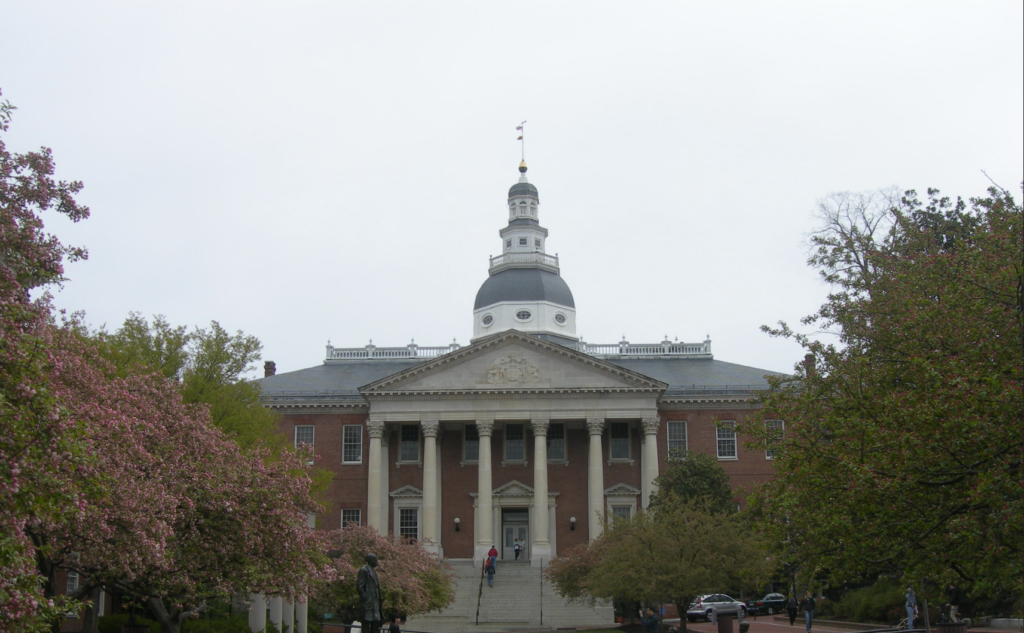What is a state’s renewable portfolio?
Many states require that some of the electricity used in the state is generated from renewable sources. This is tracked through renewable/alternative energy credits and often there are different categories of RECs so that energy generated from sources such as wind or solar will generate different types of credits.
What are Alternative /Renewable Energy Credits (RECs)?
Renewable/Alternative Energy Credits are awarded to renewable power plants for each MWh of electricity that they produce. A plant will be eligible for different types of credits depending on the state regulations which create them. However, once the credit for that MWh of electricity is sold by the producer as one type of renewable energy credit, it cannot be sold again by the producer as a different type.
What is the Investment Tax Credit (ITC)?
The Investment Tax Credit is a federal program that allows clean energy developers to receive a tax credit of 30% of the cost of the system. The program will decay and offer a smaller tax credit after 2033 before ending in 2035.
What programs are there for community solar or community renewable energy generation?
Many states have specific programs to support community clean energy generation, especially for community solar projects. In these projects, multiple users agree to buy their power from the same solar project so a large power plant can be shared among end users. These programs are on state level, so while some states give additional incentives for community solar, other states have only the general REC programs and the ITC to support them.
What is net energy metering?
Net metering allows people who generate energy on their property, such as people with solar on their roof, to sell power to the grid when they generate an excess of what they use and reduce their bill from the times when they consume more energy than they use. Virtual net metering allows people who own power in a different place from where they use it to reduce their bill for energy use, such as community solar project participators. These programs are not available in all states.

